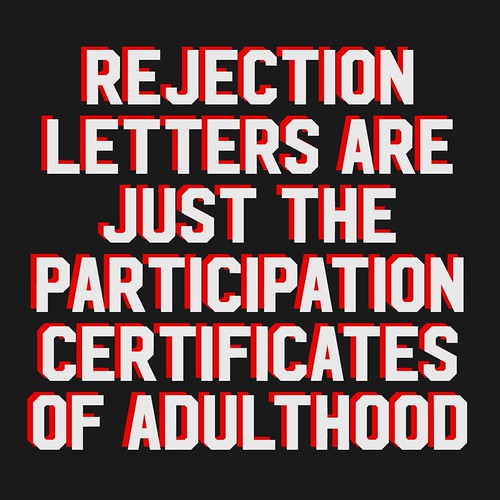(Another in the continuing series of quotes to start the week.)
This week’s quote comes from English philosopher John Locke, who was born on this date in 1632 and whose theory of government influenced the Founding Fathers of the United States, especially in the run-up to the Revolutionary War.
Locke died in 1704, and his Of the Conduct of the Understanding was published posthumously in 1706 and included this passage:
This is something that I think people who read a great deal are apt to be wrong about. Those who have read about everything are thought also to understand everything; but it is not always so. Reading provides the mind only with materials of knowledge; thinking makes what we read ours. It is not enough to cram ourselves with a great load of literary collections; unless we chew them over again—like a cow chewing its cud—they won’t give us strength and nourishment.
Here I make a confession: my own reading is often wide and shallow, and not nearly as deep as I would like or perhaps as it should be. And because I read widely I suppose I might be considered one of “Those who have read about everything” and “are thought also to understand everything” but don’t. What’s more, I’m probably the only one who thinks I understand; I expect most everyone else sees through my pretense.
(Image: “My favourite book,” by Ana, on Flickr under Creative Commons.)
I’m convicted by this quote, then, because I don’t practice it as I should. Particularly this part: “Reading provides the mind only with materials of knowledge; thinking makes what we read ours.” I’d like to put that into practice more consistently, but I feel so many things tugging at my time that I skim things rather than scanning them, and I reserve little time to think deeply about what I’ve read.
So this week I hope to take time to really think about the things I read for my own edification, whether online or in print. (That won’t be easy, with Dragon_Con just a few days away, but I’m going to try.)
Wish me luck!
___
P.S. If you’re interested, here’s a link to Locke’s Of the Conduct of the Understanding.


















